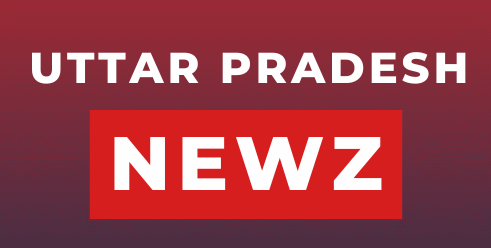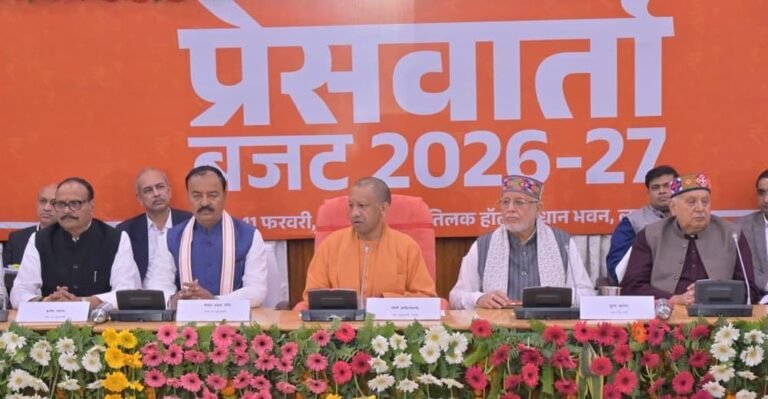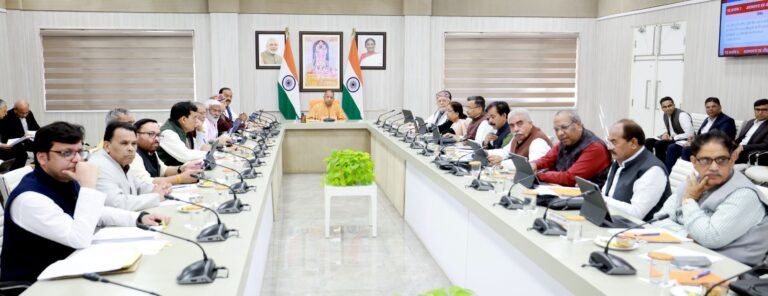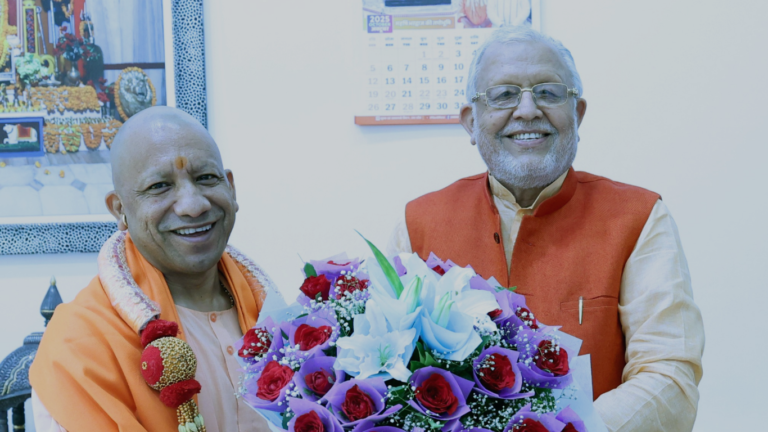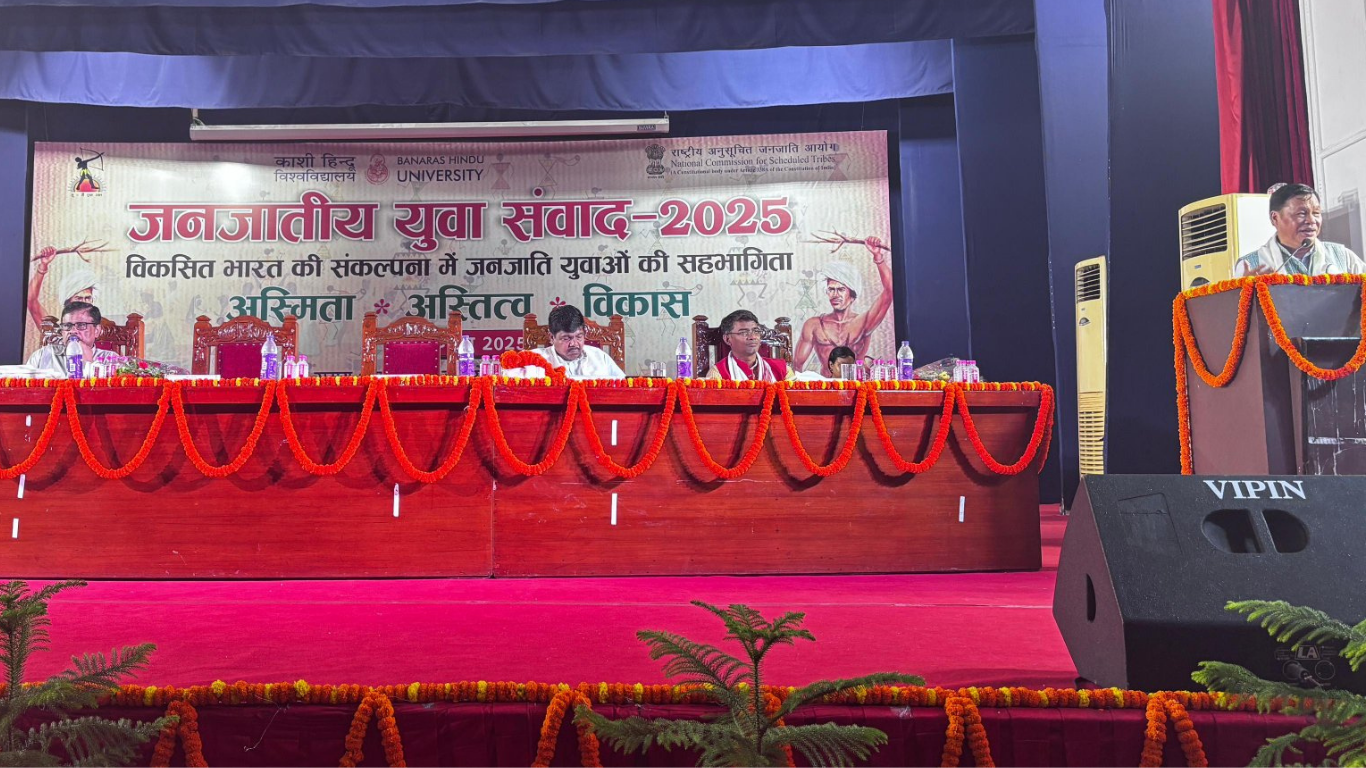
Varanasi, August 31, 2025 – Banaras Hindu University (BHU) turned into a lively hub of ideas and culture yesterday as it hosted the Janjatiya Yuva Samvad 2025. The event brought together tribal youth, leaders, and experts to talk about how India’s tribal communities can play a big part in building a strong, developed nation – what we call ‘Viksit Bharat’. Organized by BHU and the National Commission for Scheduled Tribes, the gathering focused on keeping tribal traditions alive while pushing for modern skills and government support.
The day kicked off with a warm, traditional start. Participants garlanded statues of Mahamana Pandit Madan Mohan Malaviya, BHU’s founder, and Birsa Munda ji, a legendary tribal hero who fought for justice back in the day. They lit a ceremonial lamp, sang the BHU anthem (kulgeet), and offered a tribal prayer. It set the tone for a day full of respect for the past and hope for the future.
Prof Ajit Kumar Chaturvedi, BHU’s Vice Chancellor, led the event and stressed how tribal culture is key to India’s growth. “The ancient legacy and culture of the tribal society are vital in realising the vision of a developed India,” he said. As the chief guest, Nirupam Chakma from the National Commission for Scheduled Tribes, called on everyone to spread the word about welfare programs in remote villages. “It is our duty to spread awareness among rural tribal communities and inform them about welfare schemes so that they can benefit from them,” he added.
Anand from Vanvasi Kalyan Ashram gave the main talk, reminding folks that “existence without identity is impossible.” He pointed out that with 10 crore tribal people in India, we all need to work together to hit Prime Minister Narendra Modi’s goal of Viksit Bharat by 2047. Other speakers like Prof Arun Kumar Singh, BHU’s Registrar, praised Birsa Munda’s life, saying some people are remembered for their actions, not just how long they lived.
The heart of the event was the Yuva Samvad session, chaired by Prakash Uikey, a senior advisor from the commission. Here, young tribal folks shared their thoughts openly. One participant, Tanushree, described tribal life beautifully: “Tribal languages are born out of nature, our walk is dance, and our speech is song.” Another, Albert Beg, explained that ‘Adivasi’ means original inhabitants, and their lands are the backbone of India. Prakash Uikey even said, “Every resident of this country is originally tribal,” highlighting our shared roots.
A dialogue session followed, with 13 young speakers judged by a panel including Prof Nirmala Horo and others. They dove into topics like saving tribal songs, dances, languages, and customs from fading away. There was talk about government schemes that many rural tribals don’t know about, and the need for skill training to help youth lead their communities forward. The event wrapped up with colorful cultural shows inspired by tribal heritage, leaving everyone inspired.
This samvad isn’t just a one-off chat, it’s part of a bigger push to empower tribal youth. With India’s tribal population facing challenges like losing traditions or missing out on opportunities, events like this bridge the gap. BHU, known for its rich history, proved once again it’s a place where old wisdom meets new ideas. As the country aims for big dreams by 2047, involving tribal voices ensures no one is left behind.
Attendees left with a sense of unity and purpose. Dr Ram Shankar Oraon, who convened the program, and Dr Shruti R Hansda, who coordinated it, made sure everything ran smoothly. Dr Sanjay Kumar ended with thanks, noting how such gatherings build stronger bonds. In a world changing fast, Janjatiya Yuva Samvad 2025 showed that honoring tribal identity isn’t just about the past – it’s fuel for India’s future success.
FAQs
1. What is Janjatiya Yuva Samvad 2025?
It’s a dialogue event for tribal youth hosted by BHU and the National Commission for Scheduled Tribes, focusing on their role in building a developed India.
2. When and where did it happen?
On August 30, 2025, at Banaras Hindu University in Varanasi, Uttar Pradesh.
3. Who were the main speakers?
Key figures included BHU Vice Chancellor Prof Ajit Kumar Chaturvedi, Nirupam Chakma from the National Commission for Scheduled Tribes, and Anand from Vanvasi Kalyan Ashram.
4. What were the key topics?
Preserving tribal identity, awareness of government schemes, skill development for youth, and the legacy of Bhagwan Birsa Munda.
5. Why is this event important?
It highlights how tribal communities, making up 10 crore people, can contribute to Prime Minister Modi’s Viksit Bharat vision by 2047.
